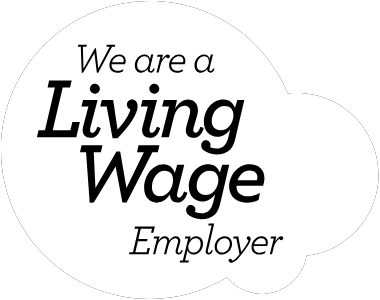I was recently at an end of year advisory board lunch at the Conduit Club’s new restaurant, Warehouse (which was great by the way if you are looking for some indulgent, yet sustainable dining), when the subject of insect protein reared its head. Happily, for my personal tastes, it wasn’t because it was on the menu (but never say never).
‘Rearing’ turned out to be the operative word as there were three chicken keepers at the table and we’d all noted a much-shared story that supermarket chain Morrisons is working with its egg suppliers to feed their hens the larvae of black solider flies.
Bravo Morrisons for getting into the detail of its supply chain to this extent. Chicken enthusiasts will know that most birds are fed on pellets that contain soy. Many people buy free range eggs and choose chicken over beef in the hope that it’s a more sustainable protein source when in fact, the cultivation of the soy fed to the birds is linked to deforestation in South America. So, when the EU ruled in September that insects could be used in pig and poultry feed, it represented a milestone for farmers committed to reducing their carbon footprint.
I was already thinking about insect protein having spotted a new venture from one of my favourite journalists, Emilie Filou. We’ve long been fans of her work, particularly through our shared focus on Africa. Madagascar is one of Emilie’s focus areas, along with water, but more recently, she has launched ‘Buzzing’ ‘a fortnightly newsletter chronicling the growing use of insects as food and feed. Emilie had covered the start-up larvae supplier, Better Origin back in the summer of 2020, highlighting the work of the Cambridgeshire innovator responsible for the recent Morrison’s news. This is so often the way when journalists decide to focus on an issue, they root out what’s important in a sector. I for one am a card-carrying Buzzing subscriber now, trusting that Emilie will keep me 18 months ahead of mainstream reporting when it comes to what’s happening in insect protein.
Here are some of the key facts that make insect protein an important alternative to soy:
- Over the past 20 years, overall demand for beef, lamb and pork has fallen sharply, but this drop has been offset by a 20% increase in consumption of chicken – partly as a result of a switch from red meat driven by health and environmental concerns.
- Chicken is the most popular meat in the UK. But the soya used as feed is responsible for deforestation in South America, accelerating climate change and biodiversity loss.
- Animal agriculture – livestock and animal feed – is responsible for approximately 60% of food-related climate emissions and is the most significant driver of deforestation.
Source: Greenpeace
- Studies have shown that feeding insects, which are rich in essential proteins and other nutrients, to chickens was beneficial to the health of chickens while reducing behavioural problems.






